Fair and Sustainable Consulting (F&S) conducted a mid-term evaluation (MTE) of the Building Bridges for Women’s Economic Empowerment (BBWEE) program implemented by Women Win. The programme aims to build bridges between women’s rights organisations and companies across international value chains, and to to improve the economic empowerment and resilience for women working in those supply chains. After 2,5 years of implementation, BBWEE decided a MTE was required for practical learning and accountability purposes. The MTE looked at the relevance, effectiveness, efficiency, impact, and sustainability of the interventions. The three main objectives were: 1. assess progress towards programme objectives and results, and identify key challenges and factors that may have affected the programme and its implementation. 2. inform adjustments for the second half of the programme’s implementation period and contribute to the knowledge development of the team and related stakeholders. 3. suggest improvements in the monitoring of outcomes in the second half of the programme, specifically at the partner and women’s (beneficiaries) level.
The evaluation was executed by a team of consultants from the Netherlands and Kenya. F&S suggested to use the most significant change (MSC) approach, because it is highly suitable to collect results-related information openly; thus producing information on planned as well as unplanned or unforeseen (positive and negative) changes and impacts. The MSC approach also allows to look for the possible reasons behind the changes described (the why questions), so that these changes are well understood. As a result, the information generated could easily be related to the ToC and compared to the desired changes as intended by the programme. By designing a replicable MSC tool, the MTE also provided a tool for monitoring progress for the remainder of the programme’s running time. Focus Group Discussions and Key Informant Interviews were conducted for additional data collection and triangulation, with key stakeholders in the Netherlands and Kenya.
The main results of the evaluation were as follows:
- Overall, the findings of the evaluation showed that two out of the three strategies/pillars of the programme have produced more outputs than planned. The programme managed to build good relationships, and helped to build bridges between civil society organisations and agribusinesses in Kenya. The implementation has benefited businesses and workers, including women.
- The programme has also produced resources and capacities that are expected to remain. Especially interventions that have led to changes in the policies and practices of farms are likely to be retained. Moreso, the programme will have long-lasting effects on (some) women workers’ well-being, but has not yet led to increased control and agency. Upscaling the work with the wider floriculture and tea sector will make the results more sustainable and more cost-effective.
- The programme also hopes to achieve the adoption of a gender lens in the sourcing done by Dutch companies with international supply chains, however, the relations with companies in the Netherlands are not strong and there is little connection between the work and the partners in Kenya. The programme should strengthen the engagement with Dutch companies, aiming to create synergy between actors in the relevant value chains. The programme has been very relevant for participating Women’s Rights Organisations, and farms and factories in Kenya, and much less to multinational companies with international supply chains.
- The programme manages to adapt well to changed circumstances and insights, but monitoring has been weak. The Most Significant Change methodology, as used for this MTE, would enrich future monitoring and evaluation. We recommend the programme should adjust and improve the ToC, and develop measurable indicators, especially at the outcome level.
x
Consultants: Els Rijke and Emmy Mugasia
